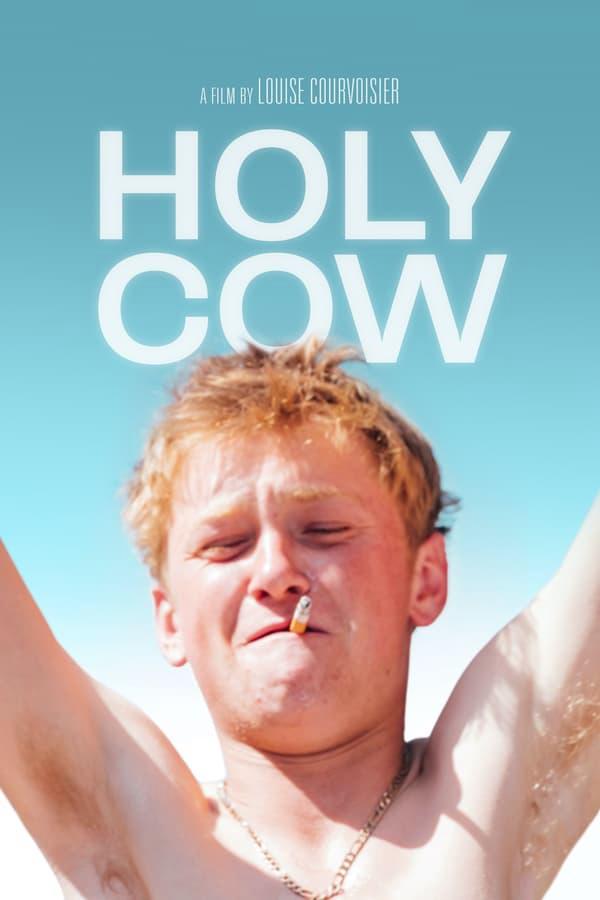Joker: Folie à Deux Christian Review

Joker: Folie à Deux isn’t your run-of-the-mill superhero flick. No capes, no cosmic battles, no easy morality. In fact, it’s hard to even call it a superhero movie at all. The same can be said of the first Joker—which this film builds upon, but not in a way fans might expect. Instead of delivering another explosive origin story or Gotham City crime saga, Todd Phillips and Scott Silver have leaned all the way into the psychological, the intimate, the unsettling. For anyone expecting a traditional comic book film, brace yourself: this isn’t that. It’s weirder, more introspective, and a lot less concerned with anything resembling “canon.”
The central character, Arthur Fleck, isn’t just a villain. He’s a human being with a twisted sense of longing—an outcast who wants to be loved but finds himself continuously pushed aside. In Folie à Deux, the line between Arthur and Joker, between man and madness, blurs even further. The audience is invited deeper into his fractured mind. As Christians, approaching a film like this is a bit of a tightrope walk. You want to engage with the artistry, the questions it raises about mental illness, society, and the human condition, but at the same time, you can’t ignore the troubling glorification of chaos that seems to pulse beneath the surface.
Brokenness on Display
Arthur Fleck’s story, particularly in this sequel, is a vivid portrayal of brokenness. The movie doesn’t shy away from showing his mental decline, his desperate need for connection, and the ways he lashes out when he doesn’t receive it. As Christians, we see in Arthur a tragic figure—someone who represents the worst effects of a fallen world. He’s a man whose dignity has been slowly stripped away, one rejection at a time. There’s something deeply human in Arthur’s yearning, something familiar in his quest for love and validation, yet his spiral into violence and destruction is a stark reminder of the dangerous paths we can walk when we seek fulfillment in all the wrong places.
The Bible often speaks of the importance of community, of being known and loved by God and others. Arthur’s story is the polar opposite of that—he’s a man alone, lost in a sea of his own pain and delusion. There’s a lesson here about the importance of reaching out to the marginalized, about being the hands and feet of Jesus to those who feel invisible. In many ways, Arthur is crying out for the kind of love and redemption only God can provide. But, tragically, he never finds it.
The Seduction of Chaos
One of the most difficult aspects of watching Folie à Deux is the way it invites us to care for Arthur, even as he becomes increasingly unhinged. This is where things get tricky. On one hand, we recognize that Arthur’s pain is real, his mental illness is real, and his suffering is heartbreaking. But on the other hand, the film pushes us to empathize with his violence, his descent into anarchy. This is where the Christian viewer needs to draw a firm line.
Yes, Arthur’s life is tragic, but that doesn’t excuse the chaos he unleashes. The film walks a fine line between showing the consequences of unchecked mental illness and, perhaps unintentionally, glorifying the Joker’s rise to power. As Christians, we need to be careful about how much we allow ourselves to be entertained by destruction, by the unraveling of morality. Proverbs 4:23 warns us to guard our hearts, and this is especially important when consuming media that blurs the line between good and evil.
It’s not that we can’t engage with dark or complex stories—after all, Scripture itself is full of broken, sinful people in need of redemption. But we should ask ourselves what the film is ultimately saying. Does it invite us to reflect on the brokenness of our world and our need for healing? Or does it subtly suggest that chaos is a form of freedom? Folie à Deux seems to do both, and that ambiguity can be both thought-provoking and troubling.
Mental Illness and Accountability
One of the more positive aspects of Folie à Deux is its willingness to confront the realities of mental illness. Arthur Fleck is a man struggling with severe psychological issues, and the film doesn’t shy away from showing how debilitating that can be. This is a welcome shift in Hollywood, where mental illness is often either ignored or oversimplified.
However, where the film falls short is in its portrayal of accountability. While Arthur’s suffering is real, the movie sometimes leans too far into excusing his behavior because of it. As Christians, we believe that everyone, no matter their circumstances, is responsible for their actions. Romans 3:23 reminds us that all have sinned and fall short of the glory of God. Arthur’s pain doesn’t negate the destruction he causes, and it’s important not to lose sight of that, even as we sympathize with his struggles.
Love in the Midst of Madness?
Interestingly, one of the stranger elements of Folie à Deux is its portrayal of love—albeit a twisted version of it. The relationship between Arthur and Harley Quinn (Lady Gaga) is central to the film, and it brings a bizarre kind of tenderness to an otherwise dark narrative. Their romance is not healthy, not grounded in reality, and yet there’s something almost touching about two deeply broken people finding solace in one another. It’s a stark reminder of how desperately we, as humans, crave connection, even when it leads us down dangerous paths.
Of course, this isn’t the kind of love Christians are called to emulate. Their relationship is built on delusion and co-dependency, far from the selfless, sacrificial love that Christ models for us. Yet, the film does highlight the deep need for love that exists in every person—a need that can only truly be satisfied by a relationship with God. In that sense, the film’s portrayal of love, twisted though it may be, points to a deeper truth about the human condition.
Final Thoughts: Wrestling with the Tension
Joker: Folie à Deux is a film that defies easy categorization. It’s unsettling, provocative, and often uncomfortable to watch. It’s not a film for everyone, especially those who may be sensitive to its dark themes or who prefer their entertainment to have clear moral boundaries. But for those willing to engage with it, Folie à Deux offers an opportunity to reflect on some important issues—mental illness, the dehumanizing effects of isolation, and the dangerous allure of chaos.
For Christians, watching a film like this requires discernment. We can appreciate the artistry, the powerful performances, and the way it forces us to think about the brokenness of our world. But we must also be cautious not to get too caught up in the film’s more troubling elements. There’s a fine line between empathy and excusing evil, and Folie à Deux walks that line in a way that demands careful thought.
Rating: 6/10
While Joker: Folie à Deux is a compelling and thought-provoking film, its darkness and ambiguity make it difficult to fully recommend from a Christian perspective. It’s a film that requires careful reflection and should be approached with caution.






